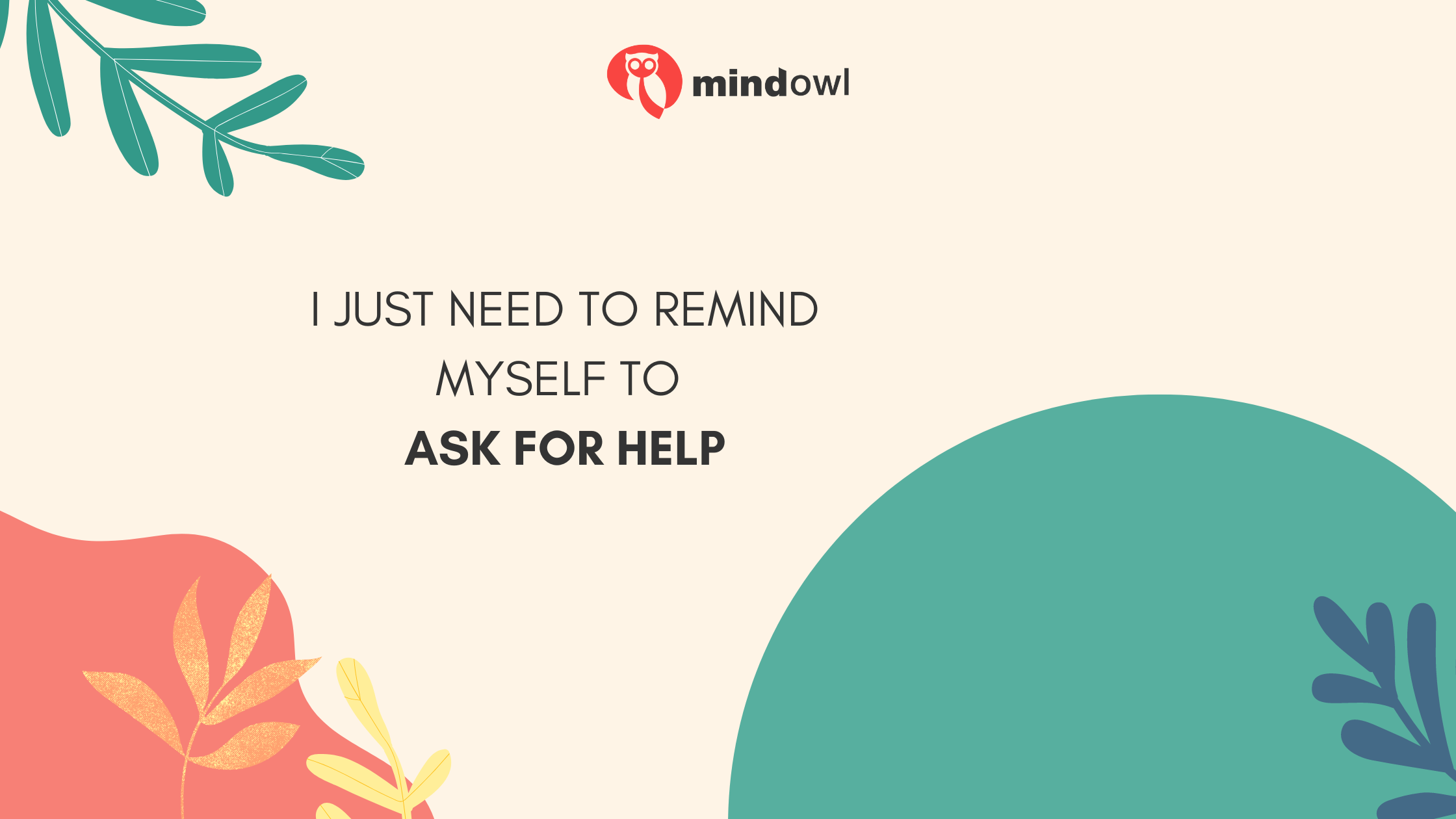Many of us find it challenging to utter the words, “I need help.” This difficulty can make life undeniably tougher than it should be. When we aim to manage everything independently, we often overlook the fact that seeking aid is an available opportunity.
It’s acceptable not to be an expert in everything on your own. You’re not weak if you appeal to someone else for aid; you’re clever and resilient for acknowledging when you require help.
Clinical psychologist Debbie Sorensen asserts that asking for help is not a sign of idleness or frailty, but a demonstration of resilience. The dread of rejection or the judgment of others prevents numerous individuals from extending a hand for help.
Yet, quite a few people are more than ready to extend their support than we anticipate. Our guide seeks to dismantle these anxieties and provide you with uncomplicated steps about how to ask for help without experiencing unease or remorse.
Are you prepared? Let’s proceed immediately!
Understanding the Challenges of Asking for Help
Seeking support can be emotionally challenging due to the stigma associated with asking for help. Many individuals struggle to overcome these barriers, making it tricky to reach out for assistance when needed. Acknowledging and addressing these emotional and societal obstacles are crucial steps in navigating the challenges of seeking support.
Recognising the emotional barriers
Many people struggle to request assistance due to ingrained emotional hurdles. The apprehension of seeming feeble or inadept proves to be a significant barrier. This anxiety is often rooted in cultural and familial values that favour self-sufficiency over soliciting support.
People frequently presume that seeking help portrays them as less intelligent or inept, particularly in instances where they are expected to be aware of the solutions.
Separating oneself from self-deprecating thoughts is pivotal when seeking assistance.
An additional obstacle is fretting over adverse judgments from others, potentially resulting in feelings of shame or culpability. Considering these trepidations underscores the emphasis we place on others’ viewpoints over our own requirements.
Investigations, such as those done by researchers at Stanford, suggest that this hesitation can prevent us from obtaining beneficial advice and knowledge that could simplify coping with life’s tribulations.
Addressing the stigma associated with seeking support
Stigma about mental health can discourage individuals from seeking necessary support. It can create an unfounded fear that they will be perceived as weak or less capable. This apprehension causes 40% of those with anxiety or depression to avoid seeking help.
It’s essential we transform our perspective on mental well-being and the act of requesting aid.
Providing education is a significant factor in combating this stigma. Gaining more knowledge about mental health matters lets us realise that it’s a common part of the shared human experience, not a failure indicator.
Proactively sharing personal narratives can importantly demonstrate that asking for help signifies strength, not weakness. Measures such as adopting considered language, concentrating on favourable outcomes and extending support to those in struggle are necessary steps towards inclusivity and empathy.
These strategies encourage people to communicate openly without fear of judgement, simplifying the journey of dealing with life’s challenges in unity.

Practical Steps to Request Help
When you find yourself in need of assistance, the first step is recognizing and acknowledging that help is necessary. Identifying the specific areas or tasks where support is required will guide your approach to seeking help from others.
Once you’ve pinpointed the areas in which you require assistance, it’s vital to consider whom to approach for support. Craft a clear and direct request for help, communicating your needs effectively and respectfully.
Identifying when you need help
Recognising the requirement for assistance is vital. Overlooking indicators of struggle can lead to exhaustion and impact your mental and physical health. You might feel besieged by issues or start finding tasks more difficult to handle.
These are clear signs that it’s time to seek assistance. Jill appreciated this; she asked her friends for childcare during a family funeral to alleviate her load. This action saved her time and lowered her anxiety, demonstrating the enduring advantages of accepting help.
Deciding who to approach is just as essential as acknowledging the requirement for help. Aim for someone who has demonstrated their willingness to help or who has provided aid in the past.
Loved ones frequently desire to contribute more but remain unsure of how to until you graciously bring them in. It’s of significance not solely for mitigating your current distress but also for creating stronger bonds of faith and mutual aid with those close to you.
Don’t forget, acknowledging you can’t handle life solo doesn’t denote frailty—it exhibits strength in showing your vulnerable side.
Deciding whom to approach
Choosing the right person to ask for help means thinking about their skills and knowledge. Look for someone who knows a lot about what you need. It’s also smart to pick people who have been supportive before.
Trust is key, so go for those you believe will give you the time and attention needed.
Make sure they have time to help you too. Checking if they’re willing and able to lend a hand saves both of you from any discomfort. It helps avoid feeling like a burden or being turned down because they’re too busy.
Aim for a balance where asking feels easy, not awkward or guilty.
Crafting your request clearly and effectively
Crafting your request with clarity and effectiveness involves using assertive communication techniques. Instead of being passive or aggressive, find a balance. Be direct yet respectful.
Use clear phrases like “I’ve been struggling with this issue. Could you please help me out next Tuesday?” This approach makes it easier for the person to understand what you need and how they can assist.
Provide just enough context without giving too much detail. Too many details can confuse and overwhelm the person you’re asking for help from. If you’re not sure what kind of help you need, be honest about it.
Say, “I’m not sure what I need right now, but could we talk about it?” This invites an open discussion and shows that you value their input while acknowledging that refusal is an option.
Always ask politely as if making a friendly appeal, which lets the other person know they have the choice to say no if they want to or are unable to assist.
Conclusion
Mastering the art of asking for help is a journey worth taking. It breaks down walls built by fear and stigma. This guide shows you how to spot when you need assistance and who makes the best ally in your quest.
Good communication is key to making clear requests. Life doesn’t require going solo; reaching out brings more allies into your circle, enriching both your life and theirs with shared strength and insight.
MindOwl Founder – My own struggles in life have led me to this path of understanding the human condition. I graduated with a bachelor’s degree in philosophy before completing a master’s degree in psychology at Regent’s University London. I then completed a postgraduate diploma in philosophical counselling before being trained in ACT (Acceptance and commitment therapy).
I’ve spent the last eight years studying the encounter of meditative practices with modern psychology.

